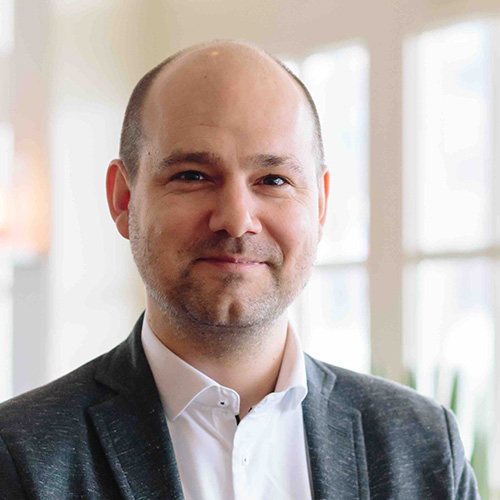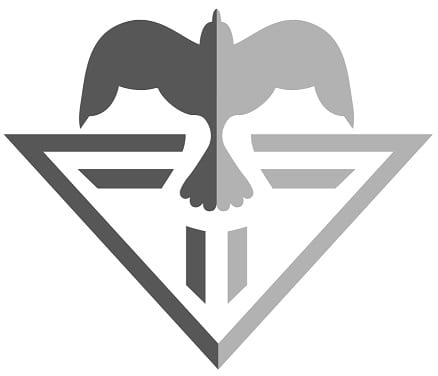TEA BREAK WITH
JOSEFINA BONSUNDY NVUMBA
What kicks off your Monday morning?
For me, Monday is not an isolated day in the week to come. Instead, I envision the opportunities on a weekly basis rather than on a daily one. Before starting a new week, I reflect on what it has to offer as a whole and define a set of goals accordingly.

What inspires you as an NGO leader and grantmaking professional?
As a grantmaking professional, I am driven by the opportunity that this sector offers to support causes and individuals who are committed to having a positive impact on society.
My drive as an NGO leader is similar, but is complemented by my strong belief in the ability of the private sector to also drive change. What inspires me about ROOTENCIAL is that our organization brings visibility to African talents and contributes to changing the narrative towards Africa and its communities. African countries, organizations and individuals are not only recipients of aid in need to be rescued but are changemakers, innovators and doers.

What helps you do your job well?
I think that both in my professional and personal life, caring helps me perform, stay motivated, focus and work towards achieving set goals. When you deeply care about the mission your organization is defending, even bad days become purposeful. On a personal level too, the dedication I have towards people, connecting with others, and making society a better place makes any day worth having.
The dedication I have towards people, connecting with others, and making society a better place makes any day worth having.

What trends do you see or foresee in the grantmaking sector?
While grants are traditionally allocated to intermediary institutions that are considered reliable as they meet a well-defined set of requirements, the grantmaking sector is slowly shifting towards supporting directly local projects and social innovators. This emerging change of paradigm raises new challenges that to me are actually opportunities for the sector, which is now swayed towards more flexibility. Individuals and local innovators cannot be evaluated according to traditional standards that were tailored towards institutional intermediaries. As such, new assessment frameworks are being developed; which slowly pave the way to more inclusion and diversity in grantmaking.
I genuinely believe that it is essential for the grantmaking sector to also take risks and to do things differently.
For instance, The Royal Society recently launched the Future Leaders – African Independent Research (FLAIR) Fellowship, a £14million fund and the first-ever Sub-Saharan Africa-wide Fellowship for Africa’s next generation of independent research leaders undertaking research that will address global challenges facing Africa. For the first time, the organization is directly supporting African innovators in the field and building research capacity.
I genuinely believe that it is essential for the grantmaking sector to not be afraid of taking risks and to do things differently. I hope that a growing number of organizations will follow our example.
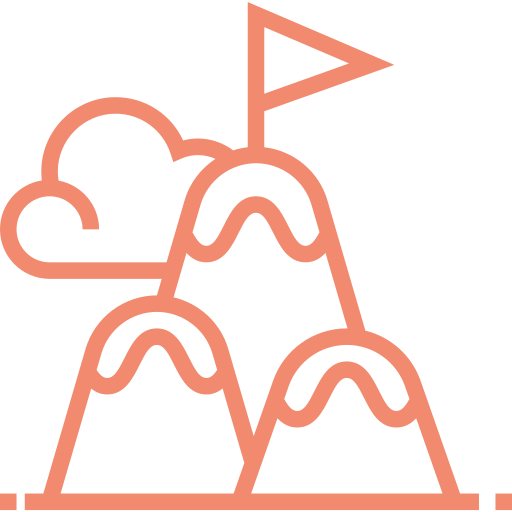
What challenges do you see or foresee in the grantmaking sector?
As the article “Fit to Fund: Who Should Pay to Raise Standards for Good Financial Grant Practice?” recently published on LinkedIn by the African Academy of Sciences indicated I believe one of the biggest challenges that the grantmaking sector is facing is the reporting constraint it puts on grant recipients. This article mentions Caroline Fiennes’ book It ain’t what you give, it’s the way you give it, where she highlights how reporting requirements, which are meant to ensure that entrusted funds are spent mindfully, are actually diverting time and a substantial part of the grants from their actual purposes — $125 million estimated in the United Kingdom alone. This amount could not only be of better use if directed to the mission it is supposed to serve, but such requirements also prevents grantmaking organizations from considering a truly diverse pool of grant recipients.
Reporting requirements prevent grantmaking organizations from considering a truly diverse pool of grant recipients.
Indeed, by focusing on reporting obligations, grantmaking organizations tend to support projects that have the capacity to manage and assess the given funds according to set standards. However, there is a gap between having an impact and having reporting skills. An individual or an organization could be a potential grant recipient whose projects do make a difference, but might not have the resources and/or the capacity to evaluate their programs as per the requirements of the grant. As such, too often these organizations or individuals could be eliminated from the selection process. As a result, most grants are entrusted to similar organizations, while local social innovators could definitely benefit from them too.
I believe that grantmaking processes should be more flexible and inclusive. Social issues affect various kinds of communities. Our work and the organizations we support should represent that diversity. This goes beyond gender and race, diversity in grantmaking is about giving the appropriate tools and capacity to social innovators so that every changemaker can have a say in making society better. In the case of reporting, diversity could be achieved by developing trainings or providing capacity support on this specific topic.
This goes beyond gender and race, diversity in grantmaking is about giving the appropriate tools and capacity to social innovators so that every changemaker can have a say in making society better.
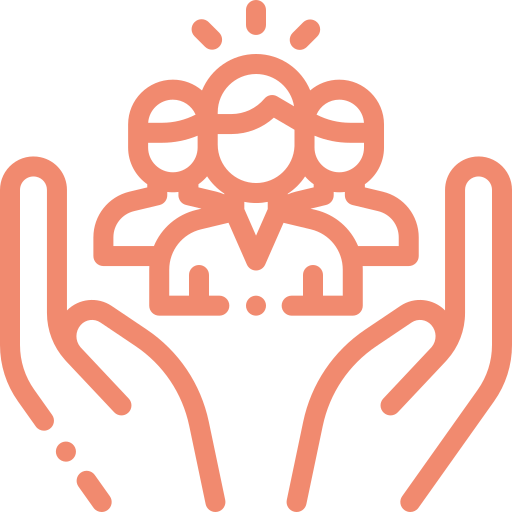
According to you, what could grantmaking organizations do to foster diversity and inclusion? Which organizations inspire you in that sense?
Most grantmaking organizations are afraid to let go of stringent procedures. The Roddenberry Foundation however is a good example of how to give grants in an open and flexible manner. The organization encourages communities to voice the local challenges they face and to provide solutions to them. Instead of calling for proposals on specific topics, the Roddenberry Foundation therefore lets communities decide which issues are to be addressed and how. By not having a defined checklist of requirements, the organization remains open, flexible and is able to consider a very diverse pool of could-be grant recipients.

What do you find important when identifying and selecting grant recipients?
On the one hand, I am essentially looking for projects that are well-thought and that have a rational and realistic plan with a clearly defined budget and relevant milestones. On the other hand, I am also aware that what is required on paper doesn’t fully reflect the impact that a potential project can have. The fact that some organizations can afford to pay to contract support in the proposal development, while others don’t, exemplifies this point. I think that in order to try offsetting this inequality in resources between organizations, it would be good for grantmaking organizations to provide transparent guidelines, trainings or online support to help smaller grant applicants draft relevant proposals that fit with the set criteria and align with expectations.
.
I would greatly appreciate it if grantmaking organizations would provide transparent guidelines, trainings or online support to help smaller applicants draft relevant proposals.
I also believe that we could support projects that promote collaboration more. In my view, collaboration should be added as part of the criteria used to assess and select grant recipients, as most issues in our society require action from different perspectives to solve these.
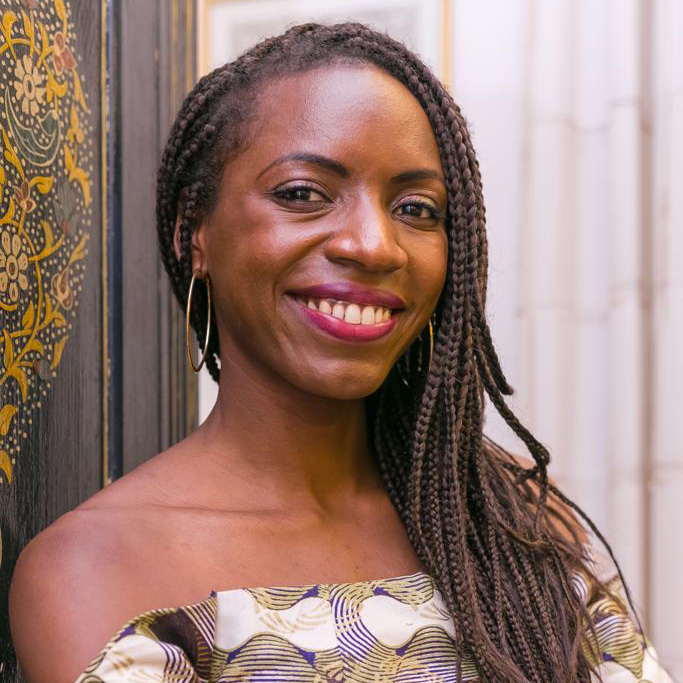
Josefina Bonsundy Nvumba
Founder of ROOTENCIAL & Grants Manager at The Royal Society
About the series
Have you ever wondered whether you had more in common with your peers than just your passion for making a difference? Through informal interviews, we explore the ultimate drives of fundraising professionals, donors and association’s leaders, as well as their secrets for successful Mondays and their insights about the NGO and fundraising sector. Grab a cup and read on!
stay up to date
We have at heart to be a resource to you. According to your preference, we will share insights, trainings, networking events and career opportunities that might be of interest for anyone from entry-level to seasoned professionals.
Contact
Phone
+31 (0)6 30 69 45 95
Address
Eursinge 8, 7935AB Eursinge (de Wolden), The Netherlands
228 East 45th Street, Suite 9E New York, NY 10017, USA
info@hvfc-international.com
Join us on
© 2024 HVFC International. All rights reserved.
HVFC ® is a registered trademark of HVFC International B.V.
